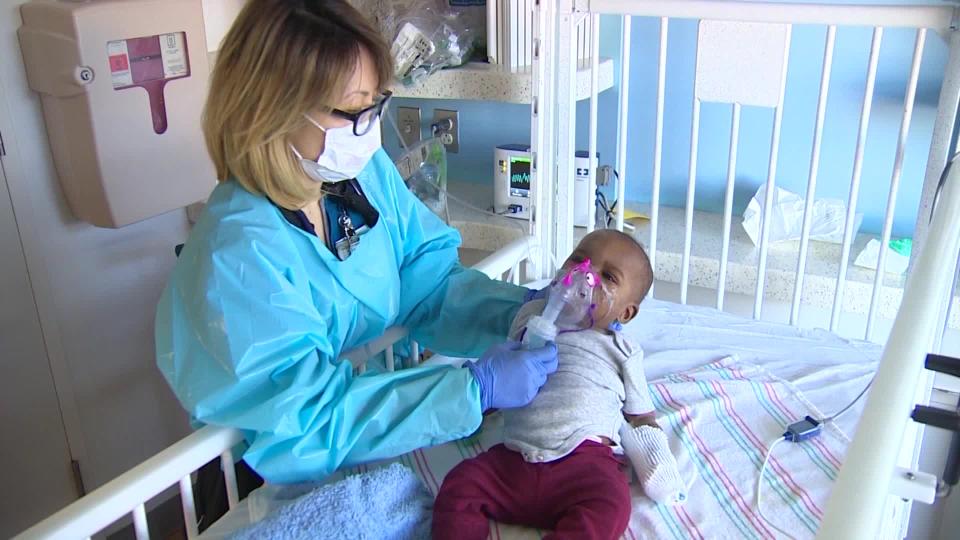Warnings over ‘super infectious’ Japanese flu which is now spreading in Britain

This winter has seen Australian flu surge in large areas of Britain – but now health experts are warning of a new, highly infectious strain of the virus.
The Japanese flu is currently reported to be spreading in the Manchester area – a fast-spreading strain of the virus which could pose a threat to children.
Also known as the Yamagata flu, the Japanese strain is influenza B – so it has less severe symptoms, but spreads more easily.
Influenza B strains can only spread from human to human, not between humans and animals, and are less likely to cause epidemics.
MOST POPULAR ON YAHOO UK TODAY
Victoria Beckham slammed for using ‘super-thin’ model in new fashion ad
Couple held after 13 children found ‘chained to their beds’ in California home
Student, 27, moves in with widowed RAF veteran, 95, who was ‘bored of living alone’ to save rent
BA flight grounded after cabin crew refused to fly because plane was crawling with bedbugs
Woman in her 30s kidnapped and gang raped in broad daylight at Essex graveyard
Piers Morgan lashes out at Britain for ‘alienating’ Donald Trump
Dr Steve Iley, Medical Director for Bupa UK told the Evening Standard, ‘Japanese flu is easily spread amongst children as their immune systems excrete more of the virus. Likewise, their hand washing and personal hygiene is less thorough, making them ‘super spreaders’, and helping Japanese flu spread more quickly than Australian flu.”

‘Also known as Yamagata flu, Japanese flu is a strand of influenza. Symptoms are similar to other flu and may include a high temperature or fever along with coughing, sneezing and a runny nose. People can also experience muscle aches and pains along with exhaustion and fatigue.
‘Symptoms will typically last for up to one week, but you can speed up your recovery by getting plenty of rest, while staying warm and hydrated. Ibuprofen or paracetamol can also help manage the aches and pains.’

 Yahoo News
Yahoo News 

